? The Birds and Bees about Night Bloomers
Heather__Michigan
18 years ago
Related Stories
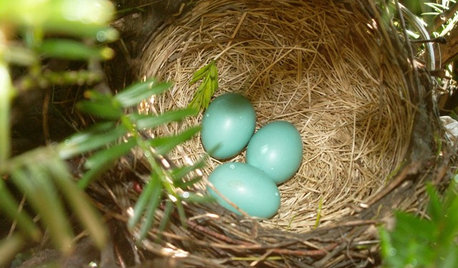
GARDENING FOR BIRDSWhat to Know About Birds Nesting in Your Yard
Learn how to observe, record data and help ornithologists with NestWatch’s citizen science project understand bird trends
Full Story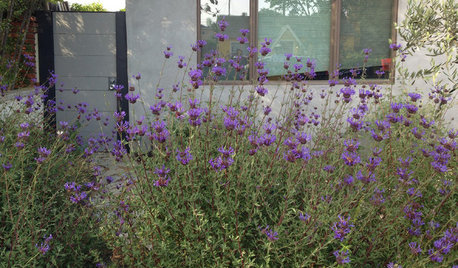
GARDENING GUIDES10 Late-Winter and Early-Spring Bloomers for the West
Tired of waiting for spring to arrive? Try these drought-tolerant, flowering plants for color that starts in late winter
Full Story
GARDENING FOR BUTTERFLIESGardening for the Bees, and Why It’s a Good Thing
When you discover how hard bees work for our food supply, you may never garden without them in mind again
Full Story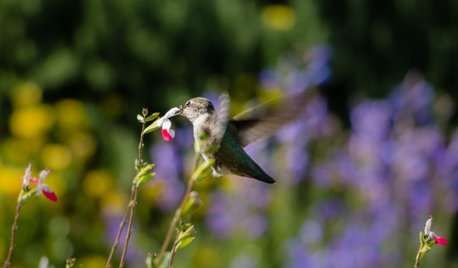
GARDENING GUIDESAttract Hummingbirds and Bees With These Beautiful Summer Flowers
Roll out a welcome mat for pollinators to keep your landscape in balance and thriving
Full Story
EARTH DAYHow to Design a Garden for Native Bees
Create a garden that not only looks beautiful but also nurtures native bees — and helps other wildlife in the process
Full Story
GARDENING GUIDES15 Native Flowers That Feed Native Bees
These perennials offer superfood to hundreds of bees and are gorgeous in their own right
Full Story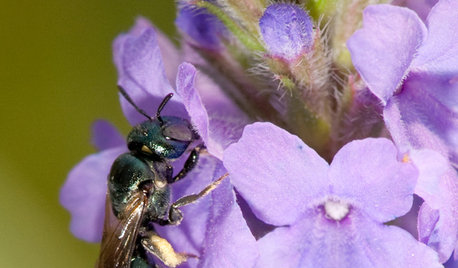
GARDENING GUIDESSmall Carpenter Bees Are Looking for a Home in Your Plant Stems
Provide flowers and nesting sites in your garden for this beautiful, tiny, metallic blue wild bee — your plants will thank you
Full Story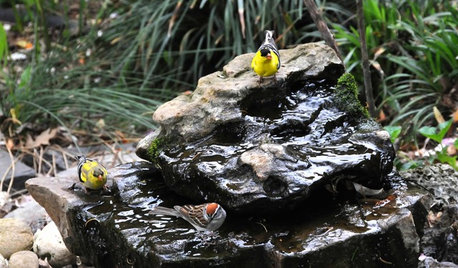
OUTDOOR PROJECTSBring In the Birds With a Homemade Bubble Rock
An avian expert from Southern Indiana shows how to make a burbling fountain that migrating birds will love
Full Story
GARDENING GUIDESNew Ways to Think About All That Mulch in the Garden
Before you go making a mountain out of a mulch hill, learn the facts about what your plants and soil really want
Full Story
PRODUCT PICKSGuest Picks: 20 Finds to Cluck About
If you have or love chickens, you’ll flock to these coops, themed accessories, artwork and more
Full StorySponsored






SweetRage
rjm710
Related Professionals
Mitchellville Landscape Architects & Landscape Designers · New Mexico Landscape Architects & Landscape Designers · Quincy Landscape Architects & Landscape Designers · Bethlehem Landscape Contractors · Braintree Landscape Contractors · Broadlands Landscape Contractors · Costa Mesa Landscape Contractors · Fair Oaks Landscape Contractors · Munster Landscape Contractors · White Bear Lake Landscape Contractors · Alsip Fence Contractors · Clarksburg Fence Contractors · Pacifica Fence Contractors · Turlock Fence Contractors · Duarte Fence ContractorsHeather__MichiganOriginal Author
Tomato_Worm59
huachuma
Heather__MichiganOriginal Author
Tomato_Worm59
Heather__MichiganOriginal Author
callalilykris